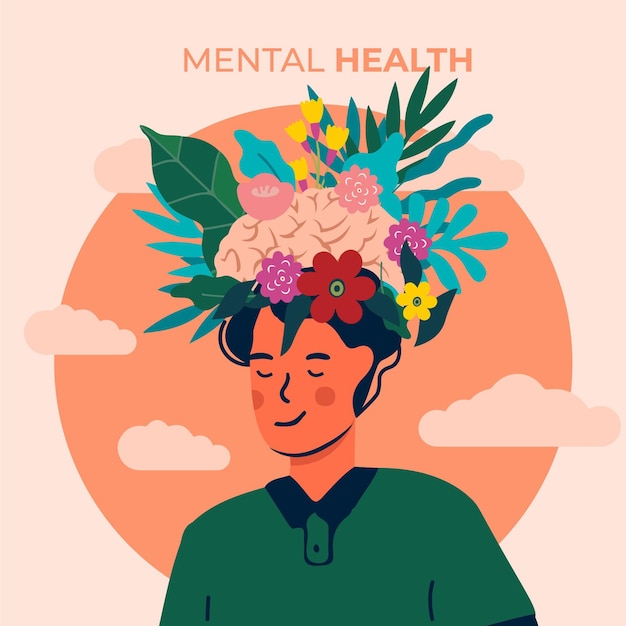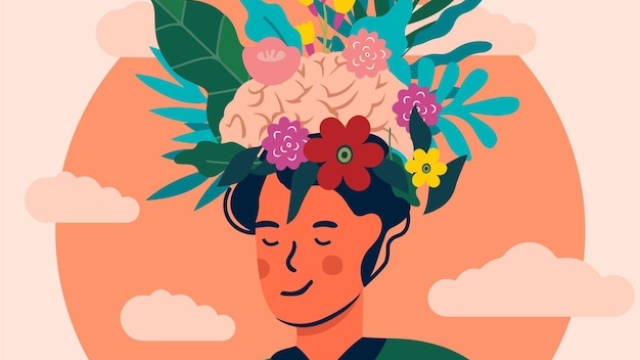
Welcome to a discussion on the complexities and vital importance of mental health. In an age where our lives are often hectic and the demands on our time seem never-ending, it’s crucial to take a step back and prioritize our mental well-being. Understanding and nurturing our mental health can be the key to living a fulfilling and happy life.
Given the significant impact that mental health can have on all aspects of our lives, it is no surprise that there is a growing recognition of the importance of taking care of our psychological and emotional well-being. From managing stress and anxiety to coping with more serious conditions, such as depression or bipolar disorder, being attuned to our mental health is an essential part of overall wellness.
Therapy Trainings™
Understanding Mental Health
Mental health is a crucial aspect of overall well-being. It refers to one’s emotional, psychological, and social well-being. Our mental health impacts how we think, feel, and act in our daily lives. It influences how we handle stress, relate to others, and make decisions.
Maintaining good mental health is essential for leading a fulfilling and productive life. Just like physical health, mental health requires attention and care. It is important to recognize the signs and symptoms of mental health issues, such as anxiety, depression, and stress. Seeking help from professionals when needed is a proactive step in managing mental health challenges.
Promoting mental health involves creating a supportive environment that fosters resilience and positive coping strategies. This includes building strong social connections, practicing self-care, and engaging in activities that bring joy and fulfillment. Understanding mental health allows individuals to prioritize self-care and seek support when facing difficulties.
Challenges and Stigmas
Mental health issues often come with numerous challenges, both personal and societal. People facing these battles may struggle with daily tasks, maintaining relationships, and finding joy in their lives. The lack of understanding and empathy from others can exacerbate these difficulties, leading to a sense of isolation and helplessness.
One of the biggest hurdles individuals with mental health conditions face is the stigma associated with seeking help. Misconceptions and judgment from society can deter people from reaching out for support, leaving them to suffer in silence. Overcoming this stigma requires education, open conversations, and a shift in societal attitudes towards mental well-being.
Addressing the challenges and stigmas surrounding mental health is crucial in creating a supportive environment for those in need. By fostering empathy, understanding, and acceptance, we can break down barriers that prevent individuals from seeking the help they deserve. Together, we can promote a culture of compassion and empowerment for all.
Resources for Support
First and foremost, seeking help from a mental health professional is crucial. Therapists, counselors, and psychologists are trained to provide support and guidance in managing mental health issues. They can offer therapy sessions tailored to individual needs, helping individuals navigate their emotions and develop coping strategies.
In addition to professional help, support groups can be valuable resources for individuals facing mental health challenges. These groups provide a safe space for individuals to share their experiences, connect with others who can relate, and receive encouragement. Being part of a support group can help reduce feelings of isolation and provide a sense of community and understanding.
Lastly, online resources and helplines can offer immediate support to those in need. Websites, forums, and apps dedicated to mental health provide information, coping strategies, and access to virtual support networks. Helplines staffed by trained professionals offer confidential assistance and crisis intervention services for individuals experiencing acute mental health crises.
